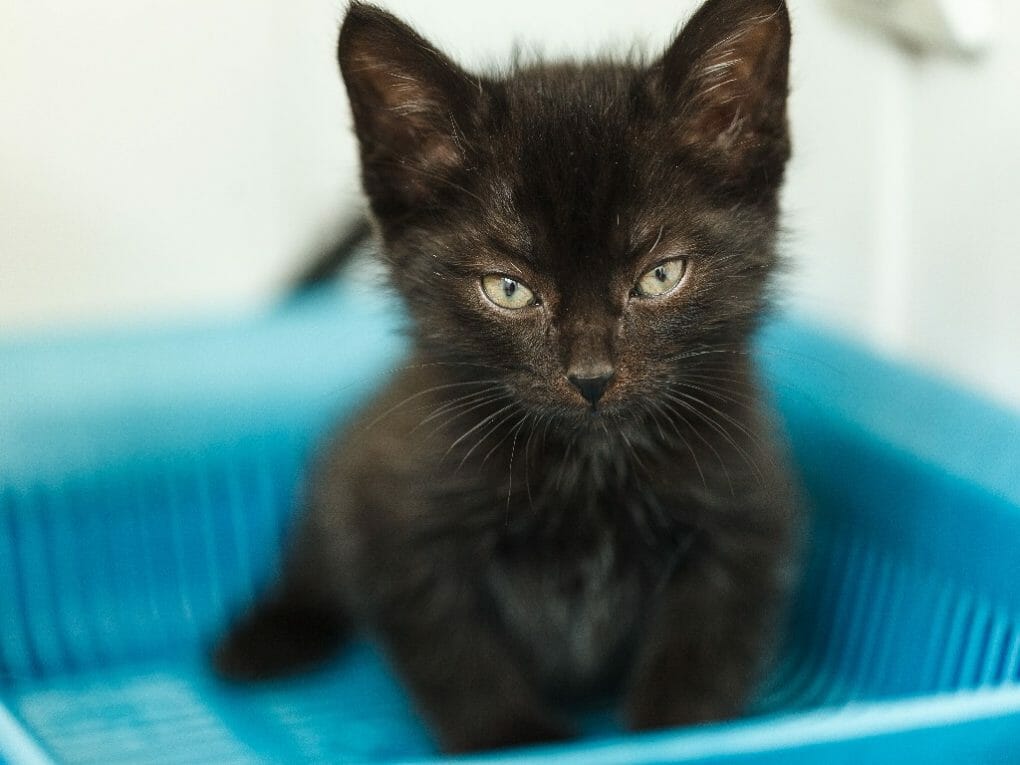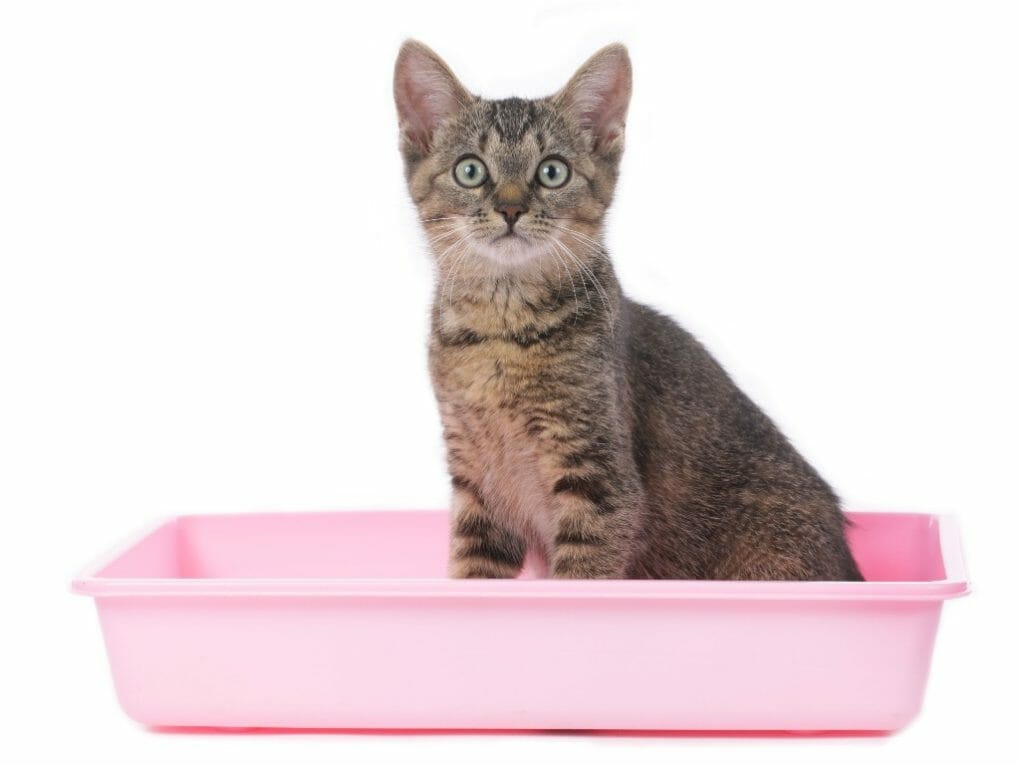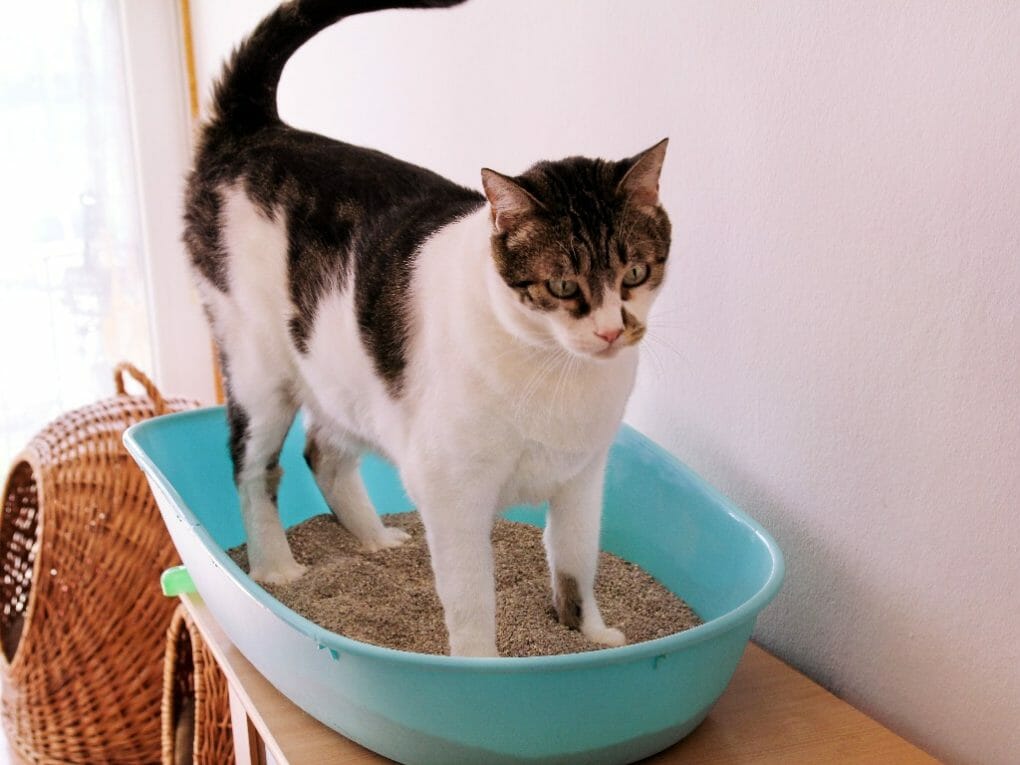Can Cat Poop Be Used As Fertilizer: How to Use Cat Feces in Your Garden Safely


Cat poop can be used as fertilizer if composting is done correctly. Composting cat poop and litter helps to break down the waste and turn it into compost. Therefore, following the proper precautions is essential to avoid any health risks. As long as it’s mixed with other organic materials like garden debris, you can use cat poop to provide nutrients to your plants.
Table of Contents
Using Cat Poop in Your Garden
Cat Poop Can Be a Good Fertilizer
Cat poop can be used as fertilizer if it’s adequately composted. You must mix the feces with greens and other organic matter before applying it to the soil. This will help the poop break down and act as fertilizer for your plants.
Cat poop can be an excellent fertilizer for plants. Breaking down the cellulose and proteins in the stool becomes an excellent soil amendment. Therefore, it’s essential to dilute cat poop before using it as fertilizer in water (or use organic matter if you want to avoid chemicals).
Remember that cat urine also contains nitrogen and other nutrients that can benefit plants.
You Can Compost Cat Poop
Almost everyone knows that cat poop can be used as fertilizer, but few people know that you can also compost cat poop. Cat poop is an excellent source of nitrogen, potassium, and phosphorus, which are essential for plants.
To compost cat poop, you’ll need to find a way to get the feces into the compost pile. For example, if your cat is an indoor/outdoor kitty, make sure you clean up after them when they go outside.
Cat Poop Breaks Down in Soil With Time
Cat poop is composed of mostly waste material and fiber, which doesn’t break down easily in soil. Most of the water in cat poop is lost during digestion. Cats usually eat dry food, which doesn’t contain much moisture.
If you want to use cat poop as fertilizer, dilute it first by mixing it with composted material or municipal yard waste. Then, spread the diluted poop on your garden or lawn and wait for the fertilizer to work its magic.
How Long It Takes for Cat Poop to Decompose
In most cases, cat poop will decompose within a few months to around two years for cat poop to decompose completely. However, using different methods can hasten this process.
What Cat Poop Does to the Soil


Adding cat poop compost to your garden can help improve soil fertility and encourage plant growth. When cat poop compost is decomposed, nitrogen, phosphorus, and potassium are released into the soil, which allows plants to grow.
Cat Poop Will Not Hurt Your Plants
Cat poop is not harmful to plants and can help improve the soil by adding nitrogen and other nutrients. However, you should avoid putting fresh droppings near flowers or vegetables – this will keep them healthy.
Make sure to use dilute cat poop as compost manure instead of directly applying it to plants; doing so will reduce the potential harm caused by parasite eggs.
How to Compost Cat Poop and Cat Litter
Composting cat poop and litter is a great way to fertilize your plants and keep your home smelling great. All you need to do is mix it with soil or organic matter to create a healthy fertilizer. If you have extra, use it as mulch around plants or pour it down the drain at home – your municipality may allow this practice.
Choose Your Cat Litter Carefully
Choosing suitable cat litter is essential for two reasons: it helps support a healthy environment and keeps your cat happy. Ensure the material is finely chopped before adding it to the compost bin.
Use a Separate Compost Bin for Your Cat Waste
Composting is one of the best ways to keep your home clean and odor-free. By adding cat waste to your compost bin, you are helping to reduce landfill numbers while also reducing harmful emissions into the air.
Make sure the mixture in your compost bin is primarily green and odorless before adding it – this will help cut down on flies and other pests. Keep an eye on the pile so it doesn’t overflow, and be sure not to add any litter or feces from other animals into your compost bin – these things aren’t suitable for fermentation (the decomposition process).
Make a separate bin if you want to compost cat poop and cat litter. You can use cat feces as fertilizer for plants – be careful not to get any on yourself when handling it!
In addition to composting cat poop and litter, regularly turn the compost so that the manure smells away and nitrogen is absorbed by the vegetation below. Don’t apply fertilizers labeled for herbaceous plants to compost cat poop and litter, as they can harm your plant’s health. Instead, keep your compost pile well-covered to avoid cat odor entering your home.
Add a Layer of Brown Material Every Time You Add Cat Poop to Your Bin
Add a layer of brown material to your compost bin every two weeks or so. This will help break down the cat litter into fertilizer for your plants. Be sure to spread the material evenly throughout the bin for the best results.
Keep an eye on your compost pile and turn it over once or twice a week to aerate it and help break down the materials faster. Add water if needed to make it wet enough for the microbes to work their magic.
Be Patient During the Decomposition Process


Decomposing cat feces can be an excellent way to fertilize gardens and plants. However, it is essential to wait until the pile is nearly dry before adding fresh material – this will help speed up the process.
Using worms or aerobic decomposers, you can also compost the poop in an earth-friendly way. For example, beware of harmful pathogens that may still be present in cat feces after decomposition.
